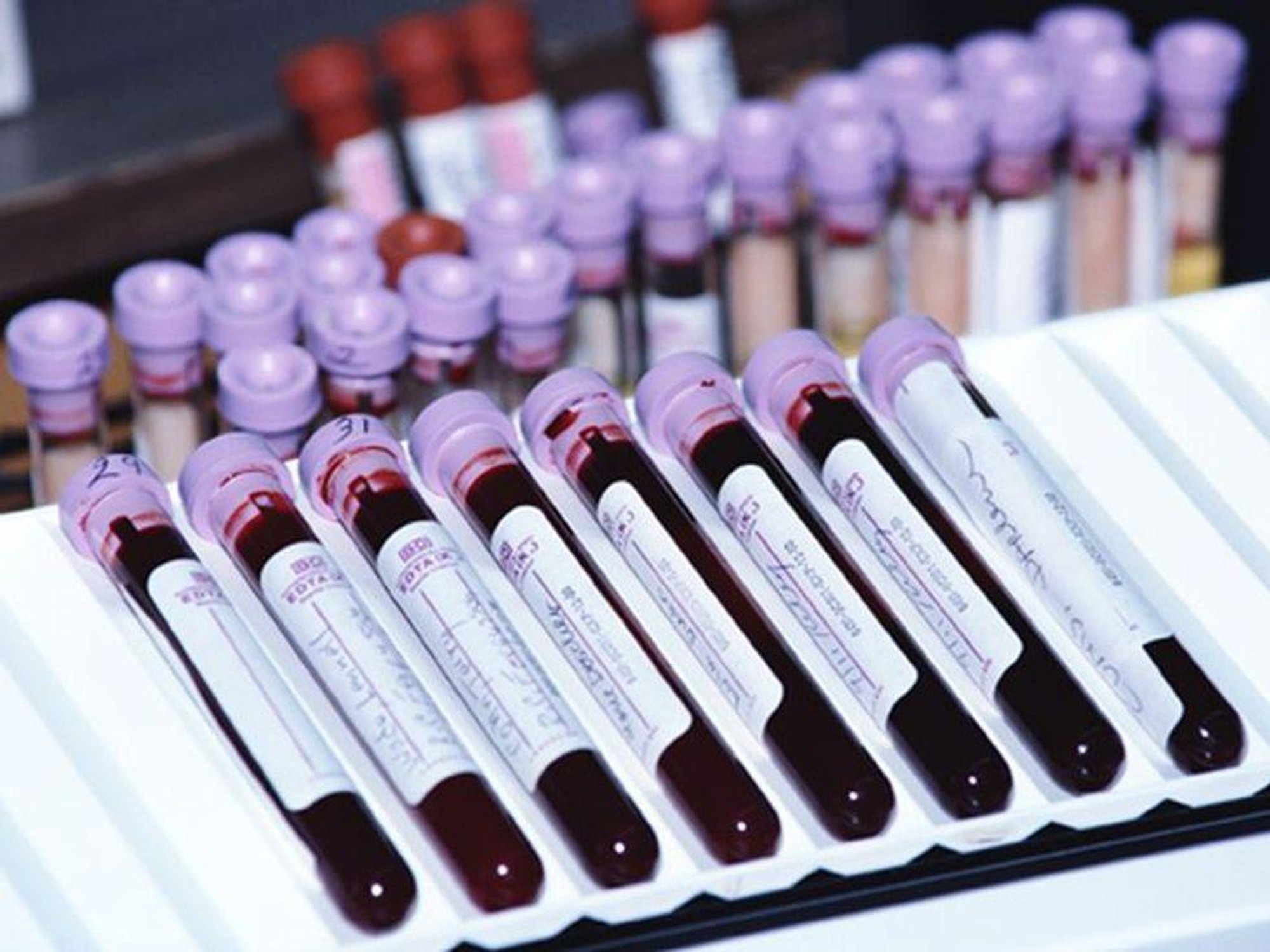Blood Thickness May Play Role in Risk of COVID Death

TUESDAY, July 19, 2022 (HealthDay News) -- The thickness of a person’s blood can be a matter of life or death if they contract COVID-19, a new study suggests.
Patients hospitalized with COVID-19 who have higher blood viscosity are at greater risk of dying from COVID-related complications, the researchers found.
“This study demonstrates the importance of checking for blood viscosity in COVID-19 patients early in hospital admission, which is easily obtained through routine lab work. Results can help determine the best treatment course for at-risk patients and help improve outcomes,” said study author Dr. Robert Rosenson, director of cardiometabolic disorders for the Mount Sinai Health System in New York City.
It’s been known for some time that COVID-19 increases the risk of blood clots, particularly among people with thicker blood.
This was the first large-scale study to try to use blood viscosity to predict death risk among COVID-19 patients, the researchers said.
For this study, the investigators analyzed data from more than 5,600 patients hospitalized with COVID-19 between February 2020 and November 2021.
The researchers found that hospitalized patients with higher blood viscosity in their arteries had a 60% higher death rate, while thicker blood in the smallest vessels increased death risk by 32%.
Doctors might want to consider using blood thinners when treating COVID-19 patients with thick blood, and the patients also might benefit from either more hydration or higher doses of steroids, to reduce inflammation the study authors said.
“We are currently investigating the effects of therapeutic heparin to reduce the risk of complications during acute COVID-19 infections, which may greatly benefit those with high blood viscosity,” Rosenson noted in a Mount Sinai news release.
The new study was published July 18 in the Journal of the American College of Cardiology.
More information
The U.S. Centers for Disease Control and Prevention has more about COVID risk factors.
Was this page helpful?
Related Posts
Ethnic Disparities Seen in Enrollment for a Clinical Trial
WEDNESDSAY, Jan. 19, 2022 (HealthDay News) -- In the Bronchiolitis Follow-up...
AHA News: For 27 Years, Organ Donation Has Been Boosted by ‘The Nicholas Effect’
TUESDAY, April 19, 2022 (American Heart Association News) -- Nicholas Green...
Lifetime Spent With Epilepsy Ages the Brain, Study Finds
MONDAY, Dec. 6, 2021 (HealthDay News) -- People with a longtime history of...
Colon Cancer Death Rates Are Falling Among the Young — But Only for Whites
TUESDAY, May 24, 2022 (HealthDay News) -- Race and ethnicity matter when...
